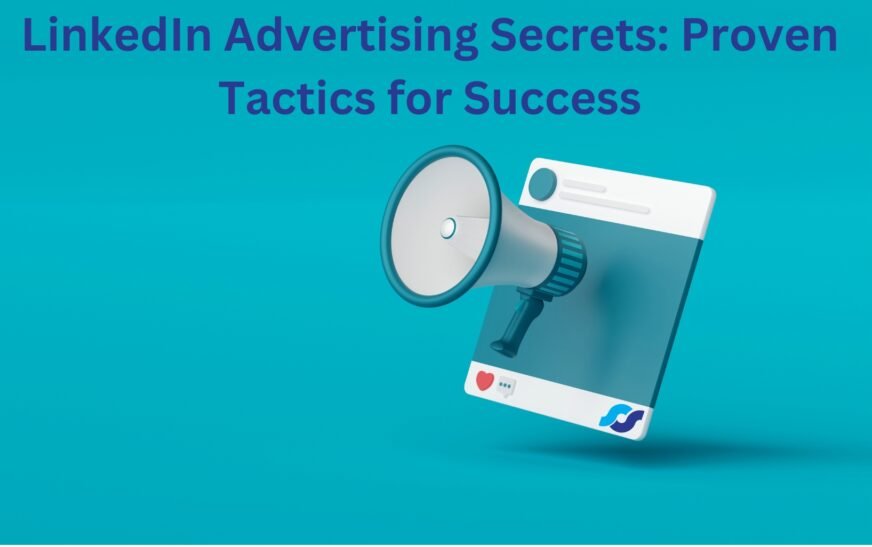Introduction
Online marketing is an ever-evolving landscape, and 2024 is no exception. With new tools, platforms, and strategies emerging, it’s easy to get caught up in misconceptions and outdated beliefs. To navigate this dynamic environment successfully, it’s crucial to separate fact from fiction. In this article, we’ll debunk some of the most pervasive online marketing myths and explore what really works in 2024.
Common Online Marketing Myths
Myth 1: SEO is Dead
The Evolution of SEO
Contrary to the belief that SEO is dead, it has simply evolved. Traditional SEO tactics like keyword stuffing are long gone. Today, search engines prioritize user experience, high-quality content, and relevancy.
Modern SEO Techniques
Modern SEO involves a mix of on-page and off-page strategies, including mobile optimization, voice search readiness, and user intent analysis. Keeping up with algorithm updates from search engines like Google is essential for staying relevant.
Myth 2: Social Media Marketing is Free
The True Costs
While it’s free to create a social media profile, effective social media marketing isn’t free. Costs can include paid advertisements, content creation, influencer partnerships, and analytics tools.
Value of Social Media Advertising
Investing in social media ads can significantly boost your reach and engagement. Targeted ads on platforms like Facebook, Instagram, and LinkedIn can deliver impressive ROI by reaching your ideal audience with precision.
Myth 3: Email Marketing is Obsolete
Email Marketing Statistics
Email marketing remains one of the most effective channels, with an average ROI of $42 for every dollar spent. Contrary to the myth, it’s far from obsolete.
Effective Email Marketing Strategies
Personalization and segmentation are key to successful email campaigns. Using automation tools to send tailored messages based on user behavior can increase open rates and conversions.
Myth 4: More Traffic Equals More Sales
Quality vs. Quantity
Focusing solely on increasing website traffic can be misleading. It’s not just about the number of visitors, but the quality. Targeted traffic that aligns with your buyer persona is more likely to convert.
Targeted Traffic Strategies
Employing strategies such as SEO, PPC, and social media targeting can help attract the right audience. Engaging content and clear calls-to-action will convert visitors into customers.
Myth 5: Content is Only for SEO
Content for Engagement
Content isn’t just about pleasing search engines; it’s also about engaging your audience. High-quality, informative, and entertaining content can build trust and loyalty with your audience.
Content Marketing ROI
Measuring the ROI of your content involves tracking metrics like engagement, shares, leads generated, and conversion rates. Quality content can significantly contribute to your overall marketing success.
Effective Online Marketing Strategies for 2024
SEO: The Lifeblood of Online Visibility
Latest SEO Trends
In 2024, SEO trends include optimizing for voice search, leveraging AI for keyword research, and focusing on user experience. Structured data and schema markup are also gaining importance.
How to Implement Them
Stay ahead by regularly updating your website, using AI tools for SEO, and ensuring mobile-friendliness. Implementing structured data can enhance your visibility in search engine results.
Social Media Marketing: Building a Community
Platform-Specific Strategies
Each social media platform has its nuances. For instance, Instagram favors visual content, while LinkedIn is best for B2B marketing. Tailor your strategy to each platform’s strengths.
Influencer Collaborations
Partnering with influencers can expand your reach and credibility. Choose influencers whose audience matches your target demographic for the best results.
Email Marketing: Direct and Personal
Personalization Techniques
Use data to personalize your email campaigns. Address recipients by their name, send content based on their preferences, and create segmented lists for targeted campaigns.
Automation Tools
Automation can streamline your email marketing efforts. Tools like Mailchimp and HubSpot allow you to set up automated workflows that nurture leads and convert them into customers.
Content Marketing: Quality Over Quantity
Creating Valuable Content
Focus on creating content that offers real value. This could be in the form of how-to guides, industry insights, or entertaining stories that resonate with your audience.
Measuring Content Success
Use analytics tools to measure the performance of your content. Metrics like time on page, social shares, and conversion rates will give you a clear picture of what’s working and what needs improvement.
Paid Advertising: Maximizing ROI
PPC Best Practices
Pay-per-click (PPC) advertising can be highly effective if done correctly. Focus on keyword research, ad copy testing, and landing page optimization to maximize your ROI.
Retargeting Strategies
Retargeting helps you reach visitors who didn’t convert on their first visit. By showing them relevant ads based on their previous interactions with your site, you can increase your chances of conversion.
Conclusion
In the ever-changing world of online marketing, it’s vital to stay informed and adaptable. By busting these common myths and implementing effective strategies, you can navigate the digital landscape with confidence. Remember, success in online marketing comes from understanding what truly works and continuously evolving with the trends.
FAQs
Is SEO still relevant in 2024?
Absolutely! SEO remains crucial for online visibility. Keeping up with the latest trends and algorithm updates ensures your website stays competitive.
How much should I budget for social media marketing?
The budget varies depending on your goals and industry. However, allocating funds for ads, content creation, and analytics tools is essential for effective social media marketing.
What is the most effective online marketing strategy?
There isn’t a one-size-fits-all answer. A combination of SEO, social media marketing, email marketing, and content marketing tailored to your audience is often the most effective approach.
How can I improve my email marketing campaigns?
Personalization, segmentation, and automation are key. Use data to tailor your messages and automate workflows to nurture leads and convert them into customers.
What metrics should I track to measure content success?
Track engagement metrics (likes, shares, comments), conversion rates, time on page, and lead generation to measure the success of your content.








